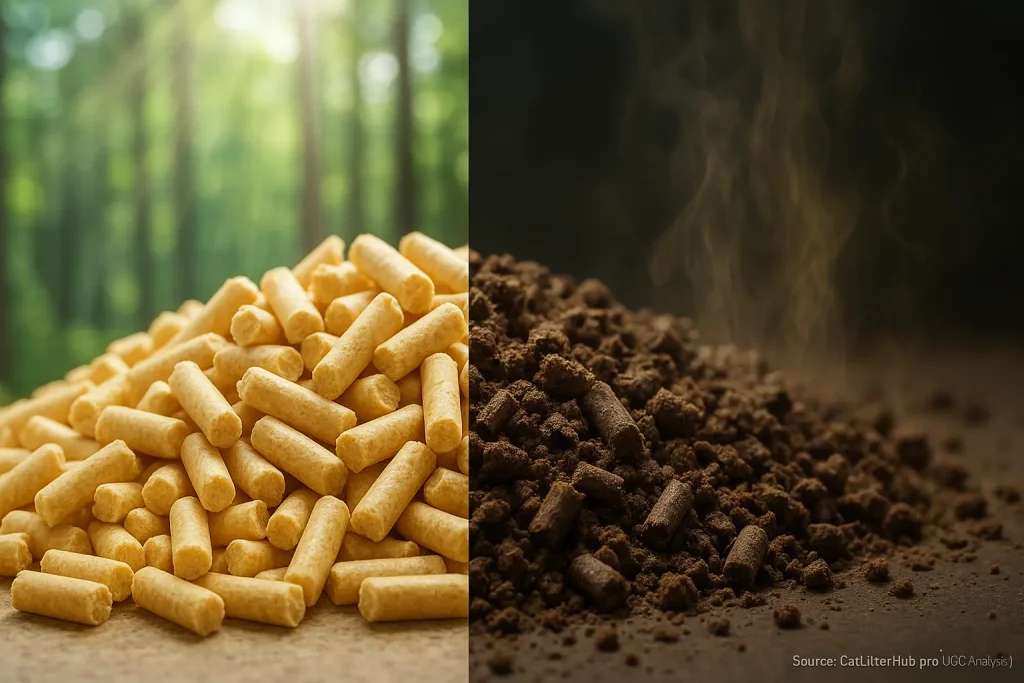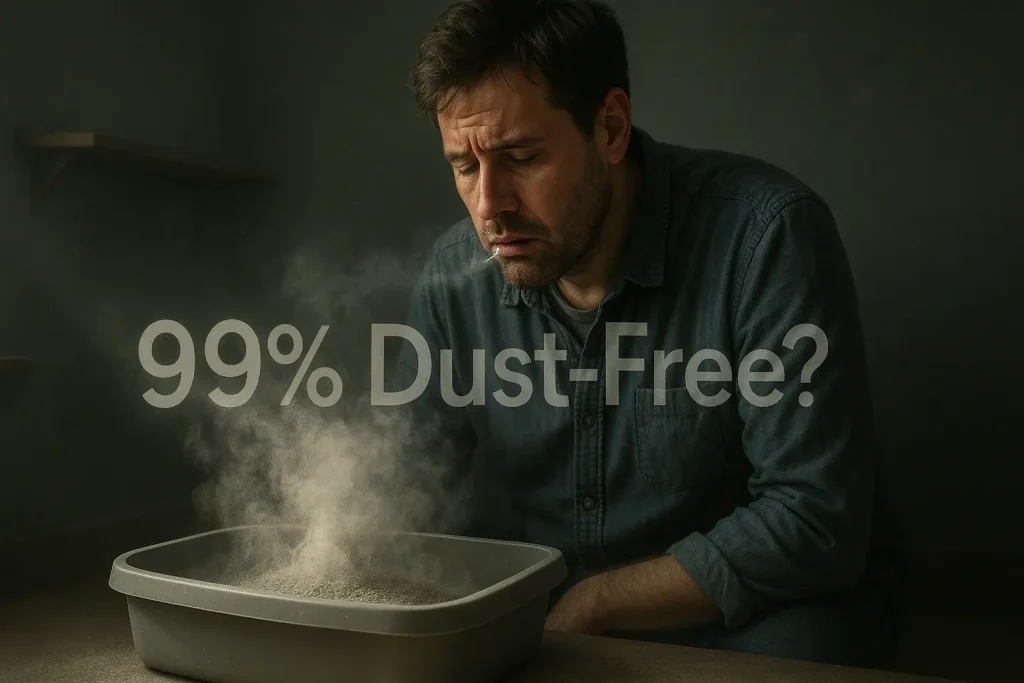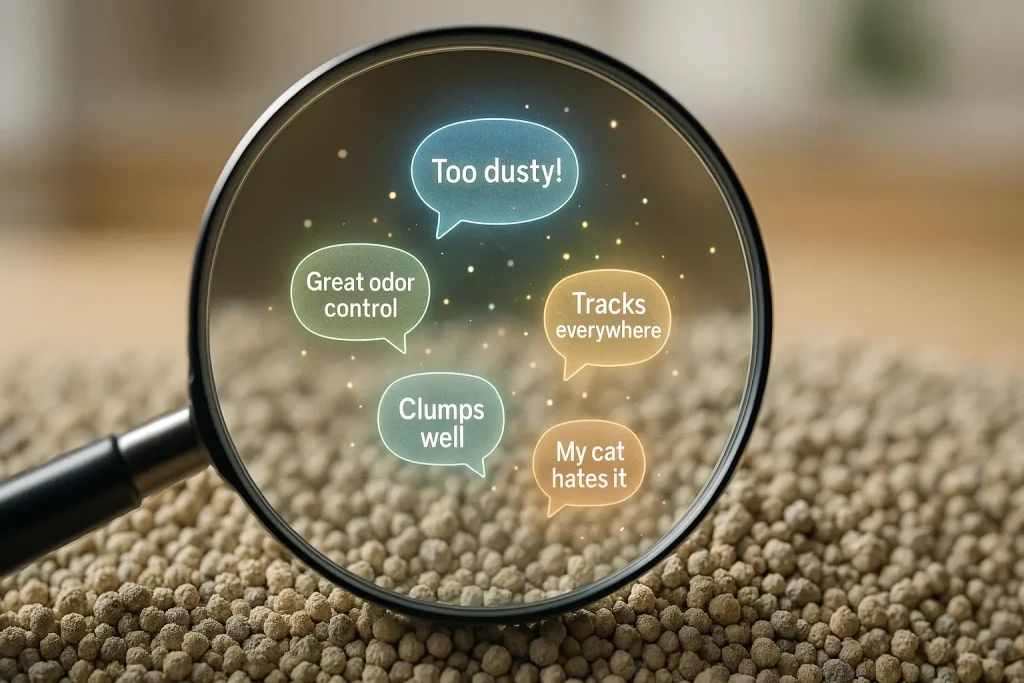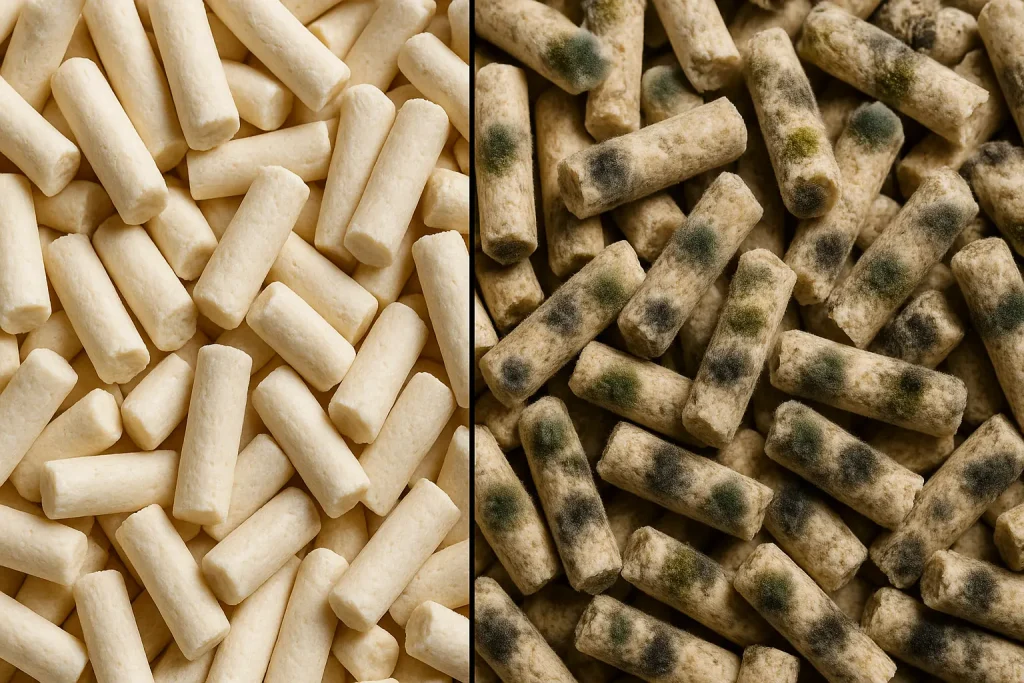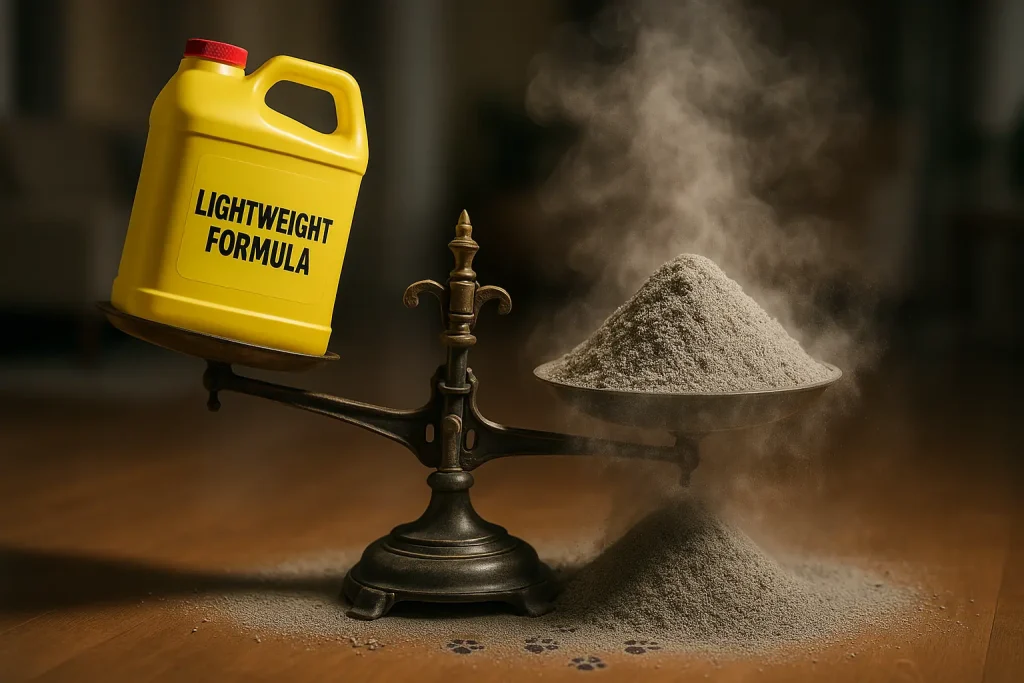The Baking Soda Bandwagon: Why Cat Owners Reach for the Box (and When They Regret It)
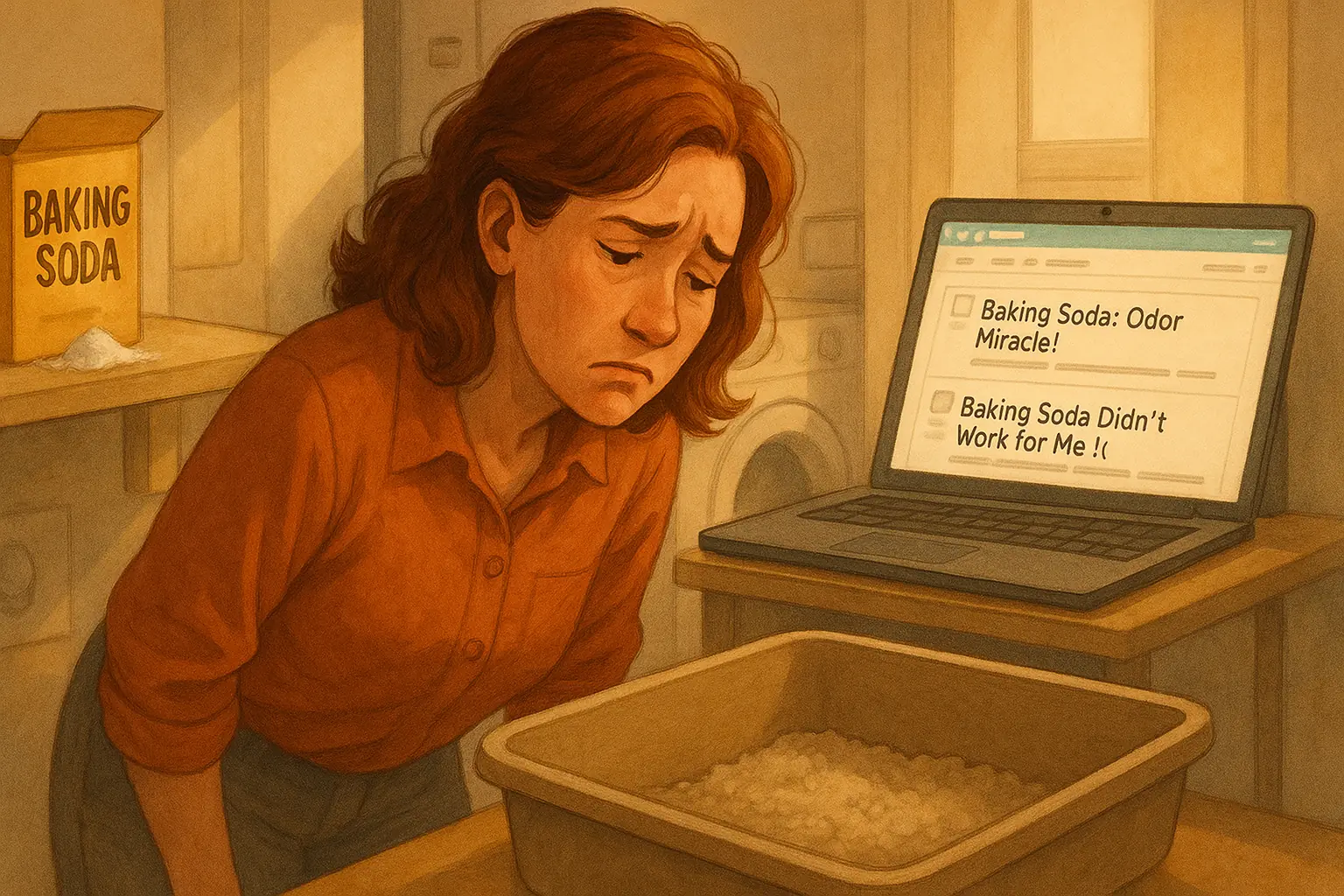
Sarah scrolled a cat forum. A 'miracle' tip appeared: sprinkle baking soda. Hopeful, she tried it for persistent litter box odor. Many cat owners discover similar advice online. This kitchen staple frequently becomes an initial attempt to conquer smells.
Baking soda's low cost attracts many owners. It is a common household item. Its ready availability makes it a primary defense against odors. Online pet communities widely share this DIY solution, boosting its use.
User experiences with baking soda diverge sharply. Some cat parents report major odor reduction. Pure relief. Others find it ineffective. Some encounter new problems, like cats rejecting the treated litter. This widespread confusion in user posts demanded our closer look.
The 'baking soda bandwagon' effect is clear in online discussions. Our analysis of thousands of user comments seeks to clarify these contradictions. We scrutinize these mixed reports. What is the truth for most cat owners?
Does Baking Soda ACTUALLY Conquer Litter Odors? A UGC Reality Check
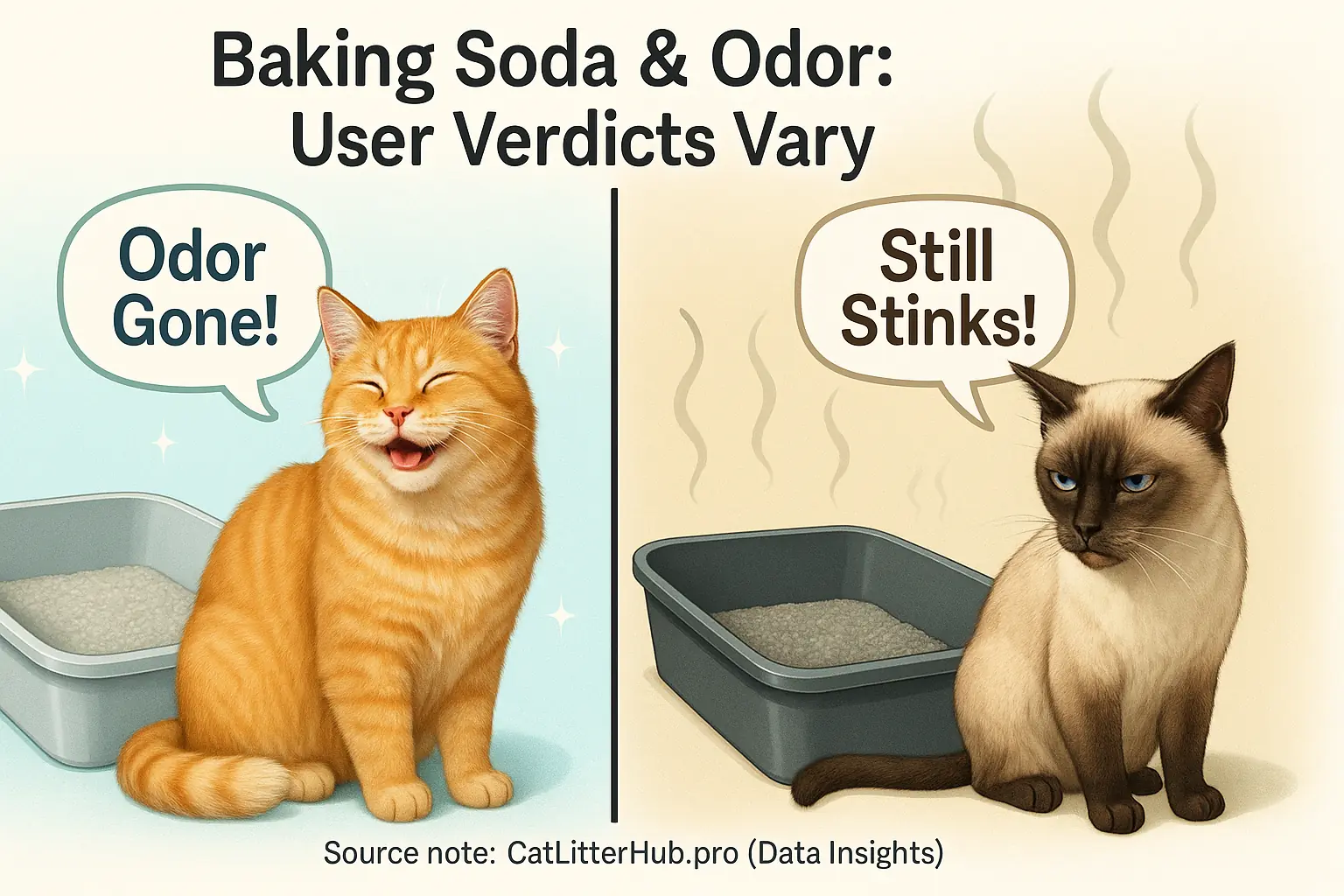
Baking soda for litter box odors? User reports paint a very mixed picture. Our deep dive into thousands of owner reviews reveals a sharp divide. Some cat parents claim success. Many others report little to no real difference in odor levels.
This inconsistency is a major theme. One user might share, "A sprinkle of baking soda and the ammonia smell vanished!" Yet, another frequently laments, "Tried it for a week, still stinks. Total waste." The type of primary litter also appears to influence outcomes, according to user feedback. Cat owners using certain clay litters more commonly note positive effects with baking soda. Conversely, users of some natural pine or silica gel litters often see minimal impact. What gives?
A common thread emerging from user experiences suggests baking soda might offer temporary odor masking. True, long-lasting neutralization? That remains debatable for many. This observation is particularly strong in multi-cat household reports. Infrequent scooping further diminishes baking soda's perceived power, as noted in numerous reviews. The collective experience suggests its benefits, if any, are often short-lived when facing tougher odor challenges. For many, it's not the magic bullet some hope for.
The Cat's Verdict & Hidden Dangers: User Warnings on Sensitivity, Clumping, and Health
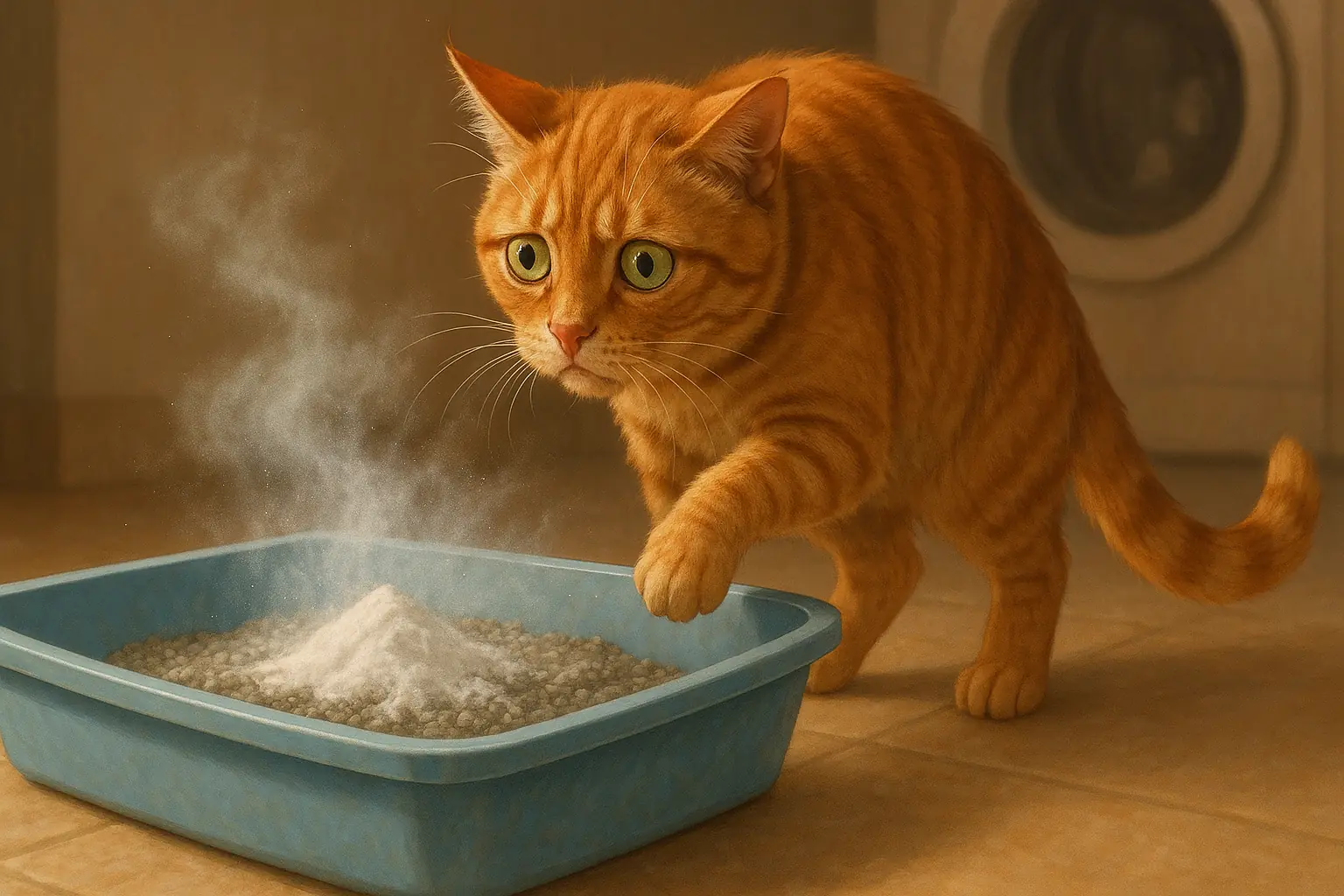
Many cats show sensitivity to baking soda added to their litter. Owners frequently share stories of felines suddenly avoiding the box. This sudden rejection puzzles them. Imagine a cat owner, puzzled: 'My Fluffy loved her litter, then I added baking soda, and now she's going on the rug! What gives?' This scenario, emerging from countless user experiences, often points to the baking soda. The cat's sensitive nose or paws might dislike the new additive intensely.
Beyond feline disapproval, users report practical problems with litter performance. Baking soda can interfere with clumping action. This is a big deal for many. Litters praised for solid clumps may become crumbly and difficult to scoop cleanly. Owners find this frustrating. The change often negates a primary benefit of their chosen clumping litter, leading to more difficult box maintenance.
Some cat owners also voice concerns about potential health effects from baking soda dust. These are generally anecdotal observations from daily life with their pets. Worries include possible respiratory irritation in sensitive cats. Others mention paw pad irritation after contact with baking soda-treated litter. Cat Litter Hub's review of user discussions highlights these anxieties. While not scientific proof, these shared experiences represent genuine owner concerns. If you notice any new sensitivities or health issues in your cat, consulting your veterinarian is always the best course of action.
Baking Soda in Litter: Miracle, Myth, or Matter of Moderation? The Cat Litter Hub Verdict
Baking soda in cat litter. Miracle solution? Or overhyped myth? Cat Litter Hub's analysis of extensive user-generated content offers a clear perspective. The overwhelming consensus from owner experiences indicates baking soda is not a guaranteed odor eliminator. Its effectiveness is highly inconsistent. Many cat owners report minimal change. Others observe slight improvements. Very few describe it as a miracle cure.
So, should you rush to add baking soda? Our deep dive into countless owner stories suggests: proceed with caution. An observant eye on your feline friend is absolutely essential. The unspoken truth, echoed throughout the community, advises sparing use if you choose this route. Introduce baking soda gradually. Prioritize your cat's comfort and acceptance above all. Some cats dislike the texture. Others may avoid the box entirely. This is a critical consideration.
Ultimately, our synthesis of user wisdom highlights more reliable strategies for odor control. Investing in a high-quality litter, suited to your cat's specific needs, often yields better results. Maintaining a diligent, daily scooping routine remains fundamental for a fresh litter box. These practices, user experiences confirm, are far more dependable than relying on any single additive. Baking soda, if considered, is best viewed as a potential minor supplement. It is not a primary solution. The cat's reaction is always paramount. This is the core wisdom derived from the collective voice of cat owners.
Related Insight: DIY vs. Commercial Litter Odor Absorbers: What REALLY Works (& Saves Money)? (UGC Testimonials)
Baking soda helps some. But what about other DIY odor hacks? Or powerful commercial odor absorbers? Cat owners constantly debate which methods conquer smells without breaking the bank. The truth often lies hidden in shared experiences.
We analyze mountains of user feedback on this exact topic. Soon, Cat Litter Hub will reveal what genuinely tackles tough litter box odors. We will also show which solutions offer the best value, according to thousands of cat parents.


